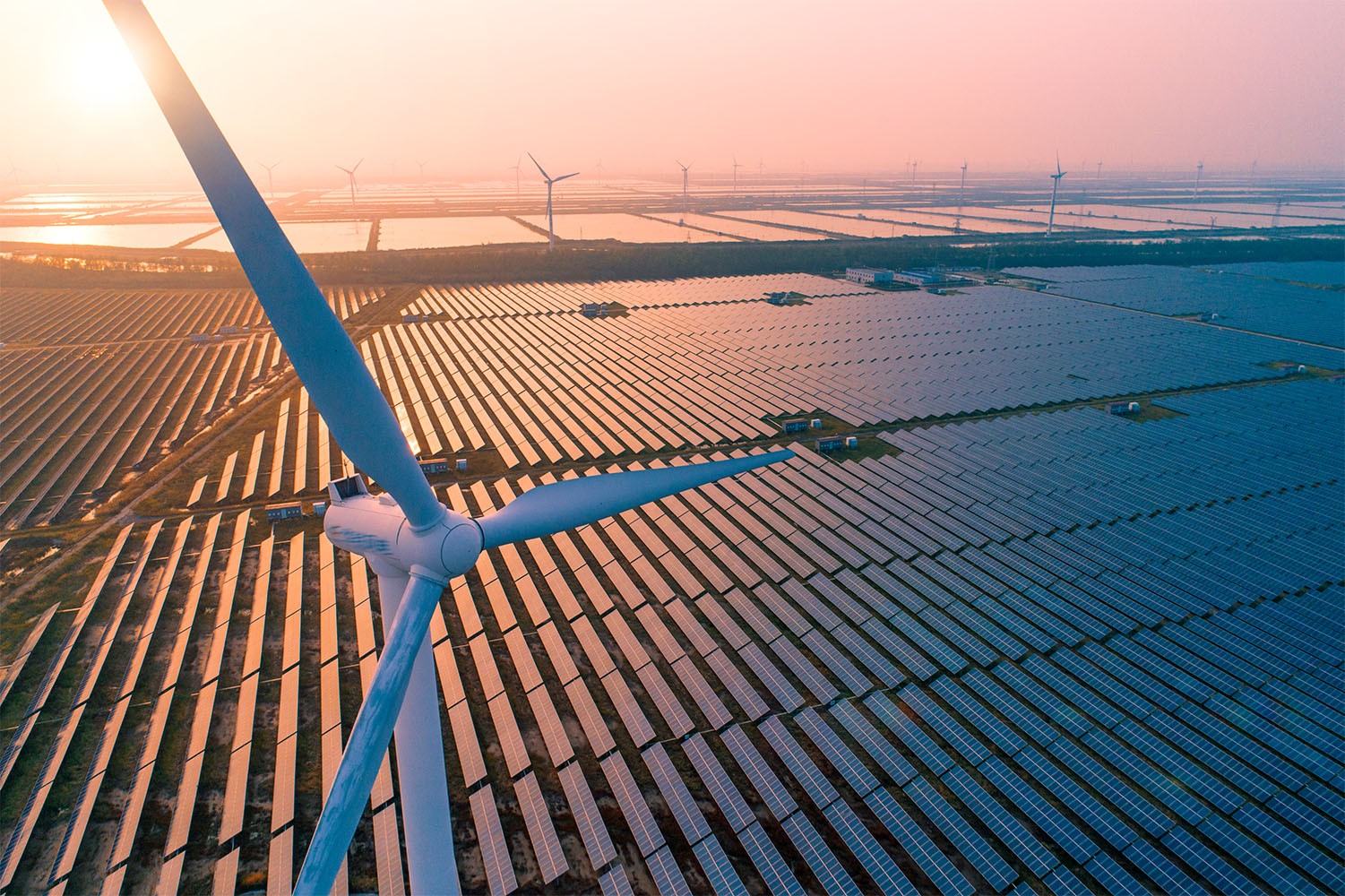The Energy Transition | Proposals for a national hydrogen fuelling network, guidance on the UK ETS, and smart water tanks
Published on 7th May 2021
This week we look at negotiations to establish a national hydrogen fuelling network, new government guidance on the UK Emissions Trading Scheme (ETS), innovations in smart water tanks and more.

Talks to establish a national hydrogen fuelling network
Hydrogen fuel specialist, Element Two Limited (E2), and the green hydrogen production subsidiary of Getech Group, H2 Green Limited (H2), have entered into a non-binding strategic agreement to establish the first UK-wide hydrogen fuelling network. The companies have agreed to a 12-month negotiation framework to construct an initial demo project (the location of which is still undecided), progress a development road map and complete a long-term offtake and co-development agreement. The H2G-E2 model is a system centred around optimised cost and surplus storage.
H2G's goal is to create the UK's first hydrogen storage, production, retail and wholesale network. It has been working with numerous land asset owners to assess the viability of potential hydrogen hubs. At present, H2G is preparing a list of priority hydrogen hubs. E2 has also collated data concerning consumer habits, and the Getech Group will assist by analysing any inefficiencies through its software.
H2G and E2 will initially partner up to build 30 green hydrogen refuelling stations at H2G sites with the aim of achieving a UK-wide rollout of 800 hydrogen refuelling pumps by 2027 and 2,000 by 2030. Both companies have agreed mutual options to co-locate hydrogen production and storage assets as well as refuelling stations.
New guidance released on the UK ETS
The Department for Business, Energy & Industrial Strategy (BEIS) has updated its guidance for operators on participating in the UK ETS. The update sets out further information on how free allocation for operators of installations will work, and sets out some important upcoming dates.
BEIS has confirmed that free allowances will be made available for operators of eligible installations who applied for free allocation allowances for the 2021-2025 allocation period, as well as for new entrants to the UK ETS. The UK ETS authority will then determine the validity of the free allocation applications, and each installation's free allocation will be published in an Allocation Table once it has been calculated and approved. The industry benchmarks used to calculate free allocation were published in March, and BEIS aim to publish the Allocation Table by 14 May 2021. Those included in the table must submit a verified Activity Level Data Report by 30 June 2021.
Innovation in Water Challenge : "Smarter Tanks" to bolster network resilience
A successful Ofwat Innovation in Water bid led by Affinity Water is set to enhance the resilience of the water network by freeing up untapped resources which were previously considered too risky to use. In an interview with Utility Week, Project Lead, Mumin Islam, explained that this bid allows water sector stakeholders to explore the benefits of "smart managing" rainwater harvesting and storage tanks.
The smarter tanks approach pre-empts high demand and network consumption by replenishing tanks during periods of low demand. Smart demand management keeps supply levels high to save tanks from drawing water when the rest of the network has greater supply requirements. Islam added that “the aim is to develop a business model canvas that harnesses a real-time monitoring control solution for existing water tanks to improve the efficiency and resilience of a network at times of droughts or dry-spells”.
Islam also commented that the bid is "giving our controllers almost double the capacity in terms of reservoir storage. This is unlocking hidden gems in the form of water tanks that have not been in our control. If we could control them in line with our own strategy it could really help with resilience and where demand is at its peak”.
SP Energy Networks to trial Siemens' "clean-air" switchgear in Glasgow
SP Energy Networks (SPEN) is to trial Siemens' new switchgear technology that could lower the volume of greenhouse gas used at its substations. This installation of a 8DJH 12 switchgear ring main unit is the first such installation in the UK, and will allow SPEN's substations to function without sulphur hexafluoride, which is typically used as an insulator for electrical equipment in substations. The new unit provides a green alternative, using components from clean air instead.
Colin Taylor, Director of Processes & Technology at SPEN explained that the climate-neutral insulator makes switchgear easier to recycle and safer to use, whilst reducing greenhouse gas emissions. SPEN is collaborating with Siemens to have the technology installed by the end of summer 2021.
Head of Siemens' UK and Ireland distribution systems businesses, Jon Turner, commented that the “the climate-neutral insulation medium used, which is comprised exclusively of natural components from ambient air, is a game changer, removing the need for fluorinated gases and reducing SPEN's carbon risk".
BEIS urged to reform Smart Export Guarantee
Philip Dunne, the chair of the Environmental Audit Committee (EAC), has urged the government to set a minimum price for the surplus electricity provided by small scale generators to the grid through the Smart Export Guarantee (SEG).
Under the SEG, suppliers with over 150,000 customers are legally required to offer terms of payment for the surplus power that new solar devices put on the grid. However, as it stands the SEG does not set a minimum price that suppliers must pay for this surplus electricity. The EAC has recommended that a minimum SEG floor price above zero is introduced, and that the current 12 month guarantee on the export price is extended.
The EAC hopes these changes will help the community energy sector such as small rooftop solar and urban projects, who are at a disadvantage when compared to larger renewable energy projects which receive long-term certainty under their Contracts for Difference.


